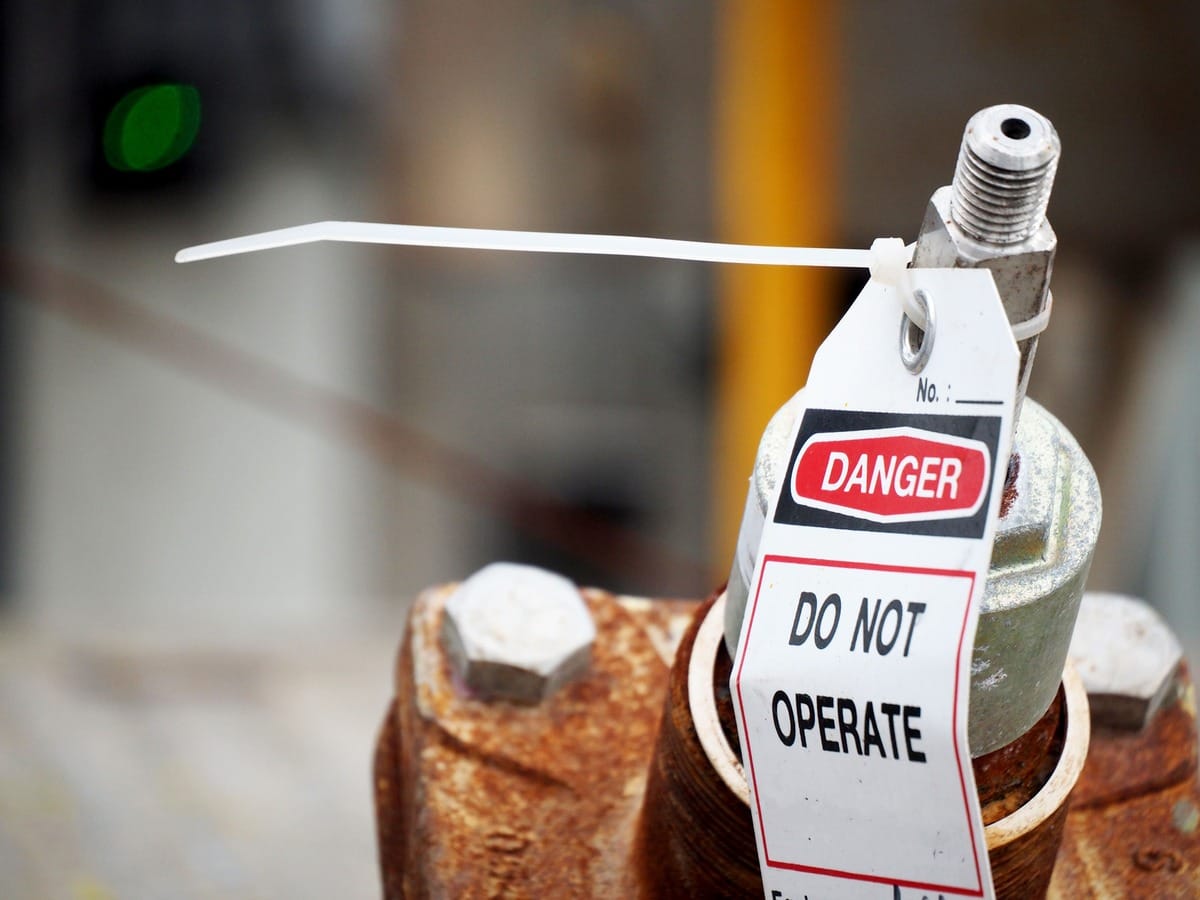Researchers from Queensland University of Technology developed a prototype biosensor that can detect rare earth elements.Professor Kirill Alexandrov and colleagues have engineered proteins to create molecular nanomachines that generate easily…
Researchers from Queensland University of Technology developed a prototype biosensor that can detect rare earth elements.
Professor Kirill Alexandrov and colleagues have engineered proteins to create molecular nanomachines that generate easily detectable signals when they selectively bind to lanthanides, elements used in electronics, electric motors and batteries.
Publishing their findings in Angewandte Chemie International, the team describe engineering a hybrid protein, or chimera, by combining a lanthanide-binding protein with an antibiotic degrading enzyme called beta-lactamase.
This hybrid acts like a "switch" that becomes active only when lanthanides are present. It can be used to detect and quantify lanthinades in liquids, producing a visible color change or an electrical signal.
Bacteria modified with the chimeras were able to survive in the presence of antibiotics that otherwise would kill them but only when lanthanides were present. This highlights how precisely the proteins respond to these rare metals.
“This work opens up exciting possibilities for using biology to detect and recover rare earth metals,” Alexandrov said.
“The prototype can also be modified for various biotechnological applications, including construction of living organisms capable of detecting and extracting valuable metals.”
The research team now plan to work on increasing the specificity of the molecular
Content Original Link:
" target="_blank">

























































